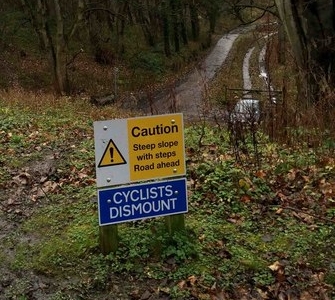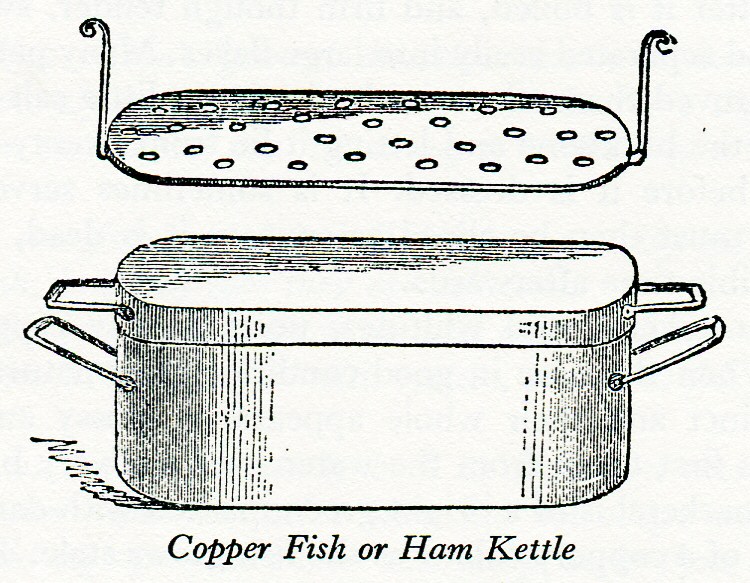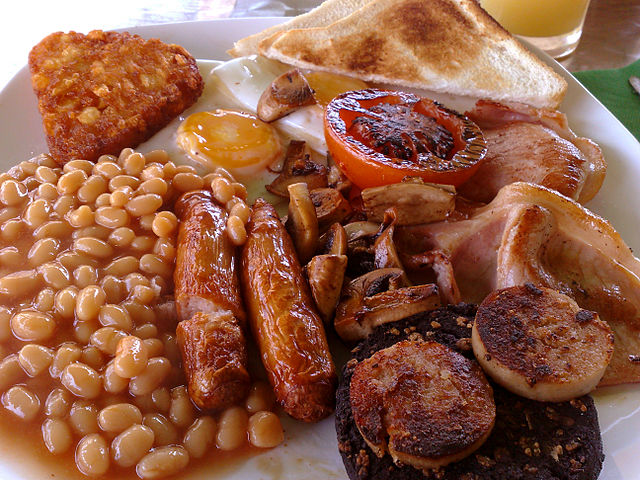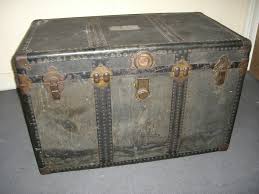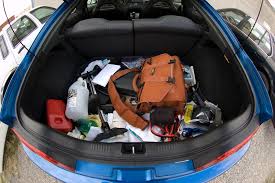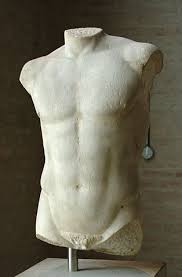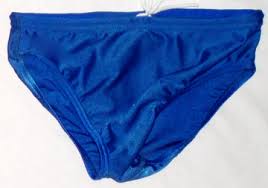In this fourth part of the series, I’m going to talk about something that everybody here in Romania, and I mean everybody, gets wrong. So many people say sentences like these:
*Last week I went in Budapest.
*We’re going in Crete for our summer holiday.
*I have to go in Italy once a month for work.
*I went at work at 7:30.
*The kids go at school on the bus.
All of the sentences above are wrong (when you see an *asterisk, that means something isn’t right). We often talk about being in a place (in Romania, in Timișoara) or at a place (at work, at school, at the market), but when never talk about going in or at a place. With the verb to go, you must use the preposition to:
Last week I went to Budapest.
We’re going to Crete for our summer holiday.
I have to go to Italy once a month for work.
I went to work at 7:30.
The kids go to school on the bus.
There are some exceptions to this rule (of course). The biggest and most common exception is the word home. We don’t *go to home, we just go home. No to. There are a few other places that don’t take to, which the delightful Ronnie talks about in this video.
To go in means to physically walk inside something, like a shop or a room:
This antiques shop looks interesting. Shall we go in?
The cat went in the kitchen, hopped on the table, and knocked over the vase.
Here is an easy question for you, assuming you’ve read the other posts in this series. Which of these sentences is correct?
A. Maria went to Paris with train.
B. Maria went in Paris with train.
C. Maria went to Paris by train.
D. Maria went in Paris by train.
I hope you chose the correct answer and none of the BAD ones.
The same also applies with the verb to come. We come to things:
Is she coming to the party?
My parents came to Romania for the first time in June.
Sandra looked terrible yesterday so I doubt she’ll be coming to work today.
Of course, we don’t use to with home, so you just come home, as in this terribly catchy song from 1996, Football’s Coming Home.
To come in means to enter a room or building. “Come in” is a nice and polite way to ask someone to enter your house or room:
It’s lovely to see you. Come in!
This was going to be the final part, but I haven’t quite finished yet! (Here’s the fifth and final part.) If you have any questions, please feel free to leave a comment.






